
Watch out, Audi! How Lexus staged a sales comeback in 2023 off the back of updated Lexus RX, NX and UX SUVs
The cold, hard facts of the 2022 sales data were not good for Lexus. The brand...
Browse over 9,000 car reviews
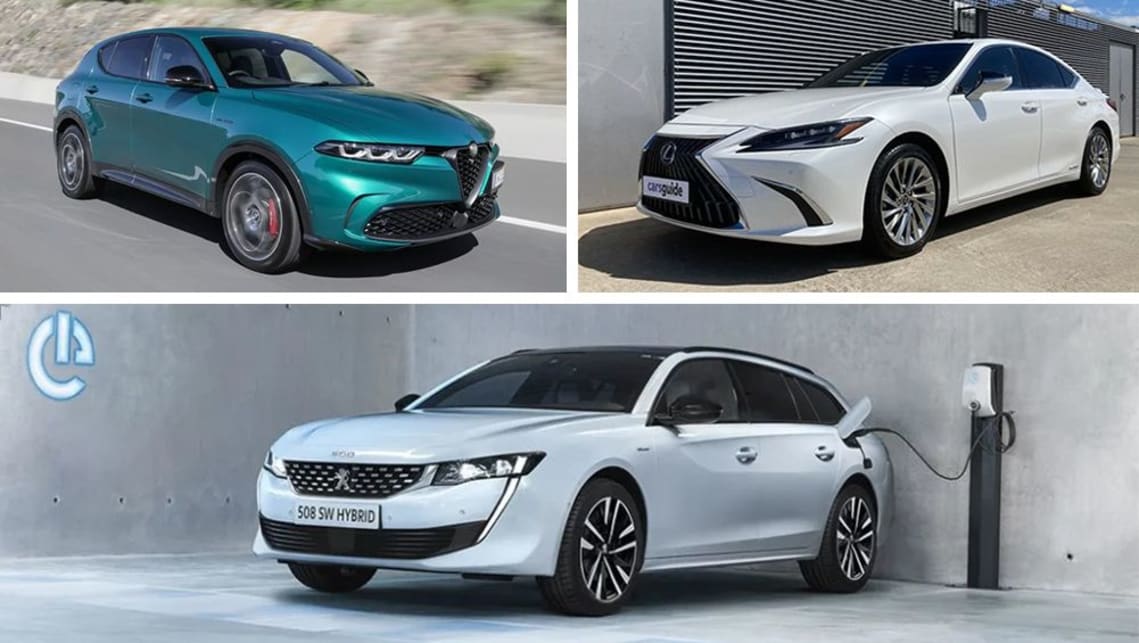
The Federal Government has announced that it will tighten the requirements for a vehicle to be considered ‘fuel efficient’ when the Luxury Car Tax (LCT) applies.
Currently, cars deemed ‘fuel efficient’ are those that use less than 7.0L/100km, and aren’t subject to the LCT unless they’re more than $89,332. Other vehicles are charged LCT if they’re above $76,950. Changes proposed to the tax will see that efficiency figure drop from 7.0L/100km to 3.5L.
This means many hybrid vehicles that would previously have been exempt from the LCT will now be more expensive, by 33 per cent.
Originally, the LCT existed as a protection for Australian manufacturers to encourage buyers to choose a locally built car, but it has remained long after the local industry’s effective demise.
The Federal Chamber of Automotive Industries (FCAI) has been particularly critical of the tax, this week calling it a “handbrake on the industry bringing the best fuel efficiency and safety technologies to Australian consumers”.
FCAI Chief Executive Tony Weber suggested the changes were “tinkering at the edges” rather than a real tax reform.
“The LCT penalises Australian consumers, as it imposes unnecessary additional taxes on many low emission technology vehicles,” Weber said.
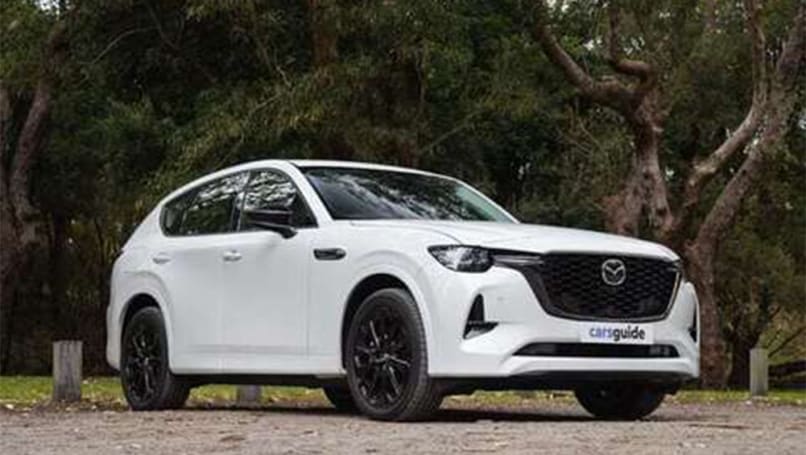
“The changes announced today in MYEFO slug Australians with more taxes and make vehicles less affordable. The change to indexation is just another cynical revenue grabbing exercise.
“If the Australian Government wants to modernise the LCT, they should remove it as part of true tax reform for the transport sector including consideration of a road user charge.”
The local arms of some manufacturers have also not shied away from criticising the LCT in the past, with premium brands in particular often frustrated by the tax.
One such carmaker contacted by CarsGuide, BMW Group Australia, cites “accelerating the uptake of efficient [cars]” as one of its main reasons for its opposition to the tax, which impacts a significant portion of its products.
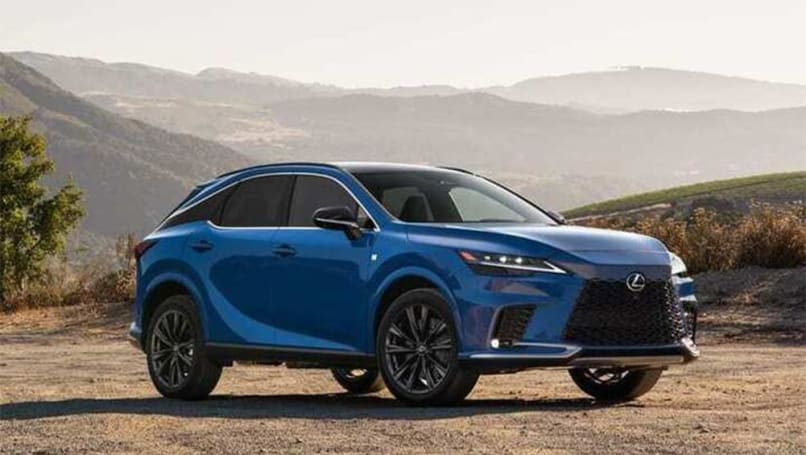
“BMW Group Australia believes consideration should be given to removing or further scaling back the Luxury Car Tax,” a spokesperson told CarsGuide, “especially for all fuel efficient vehicles to enable a wider range of zero and low emission vehicles to benefit from incentives, thereby promoting their adoption to a broader customer base.
“In addition, we welcome ongoing revisions to the regulatory landscape that can assist in accelerating the uptake of efficient and next generation drive systems.”



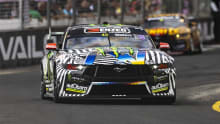


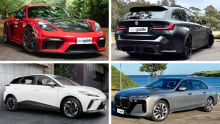
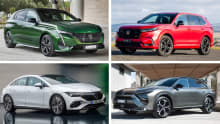
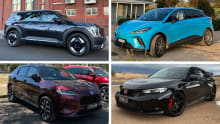
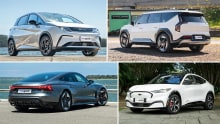
Comments